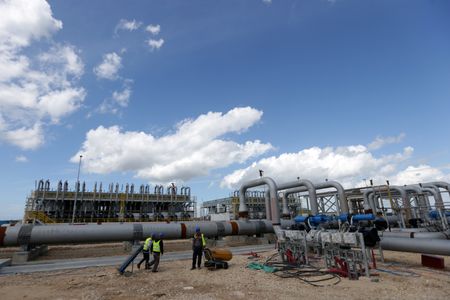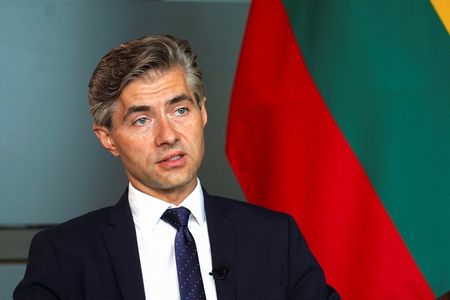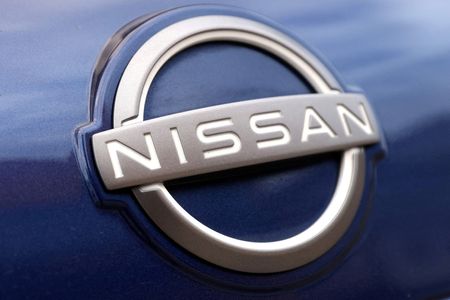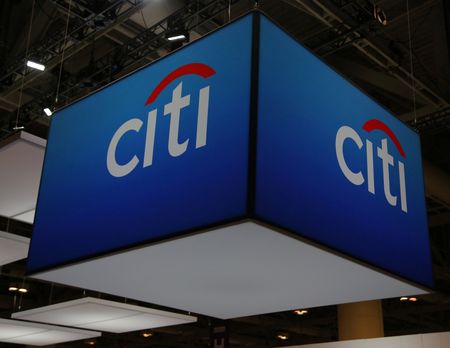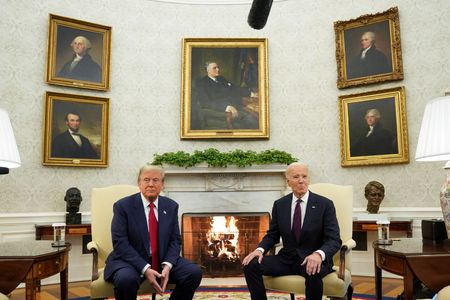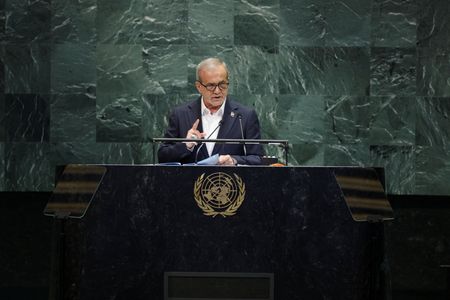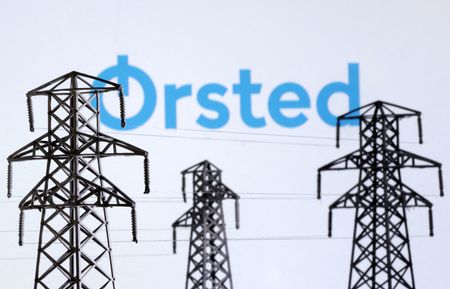BUDAPEST (Reuters) -Fresh tests on the Adriatic pipeline by Hungarian oil group MOL and Croatian operator Janaf have not yet verified that the pipeline can supply Hungary and Slovakia with enough oil, MOL said on Wednesday.
Hungary and Slovakia are the two EU members that still mostly depend on Russian oil delivered via the Druzhba pipeline, and are keen to keep supplies coming from Russian despite EU efforts to diversify supply. The Adriatic pipeline would be the key alternative route for oil shipments.
Janaf said in a statement that it rejected MOL’s allegations related to testing of the pipeline capacity and said it was “prepared, be it in technical, organizational or any other terms, to cover MOL Group’s Hungarian and Slovakian refineries’ total annual demands for crude oil.”
Janaf said it had tested the pipeline capacity at the section from Sisak Terminal to the Hungarian border in September.
“JANAF particularly rejects allegations according to which the company would be unable to meet MOL Group’s two Central European refineries’ annual needs for crude oil,” the company said.
MOL makes strong profits on the cheaper Russian Ural crude, and Hungary also benefits by imposing a special tax on MOL. The total capacity of MOL’s two main refineries in Hungary and Slovakia is 14.2 million tonnes, much of it transported via Druzhba.
Janaf detailed the results of three tests conducted with MOL, saying that during the third test carried out between September 22 and 24, flows were reduced at MOL’s requests.
“The only reason for the decreased flow was the direct demand by MOL Group and there were no obstacles on JANAF’s part to achieving the planned flow,” the company said.
MOL said earlier that during last week’s tests the pipeline was not able to operate at sufficient capacity for longer than one to two hours because there were technical problems.
The dispute comes after U.S. President Donald Trump said on Tuesday he planned to call Hungarian Prime Minister Viktor Orban to urge him to stop purchasing Russian oil, part of a broader push to pressure NATO allies to cut energy ties with Moscow.
MOL and the Hungarian government, which has kept close ties with Moscow, have repeatedly expressed doubts whether the Adriatic pipeline could supply enough oil if shipments on Druzhba stopped entirely.
(Reporting by Krisztina Than; Editing by Bernadette Baum and Leslie Adler)

